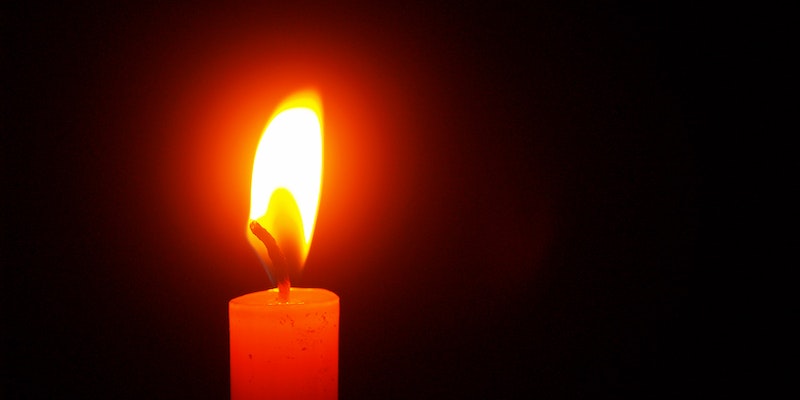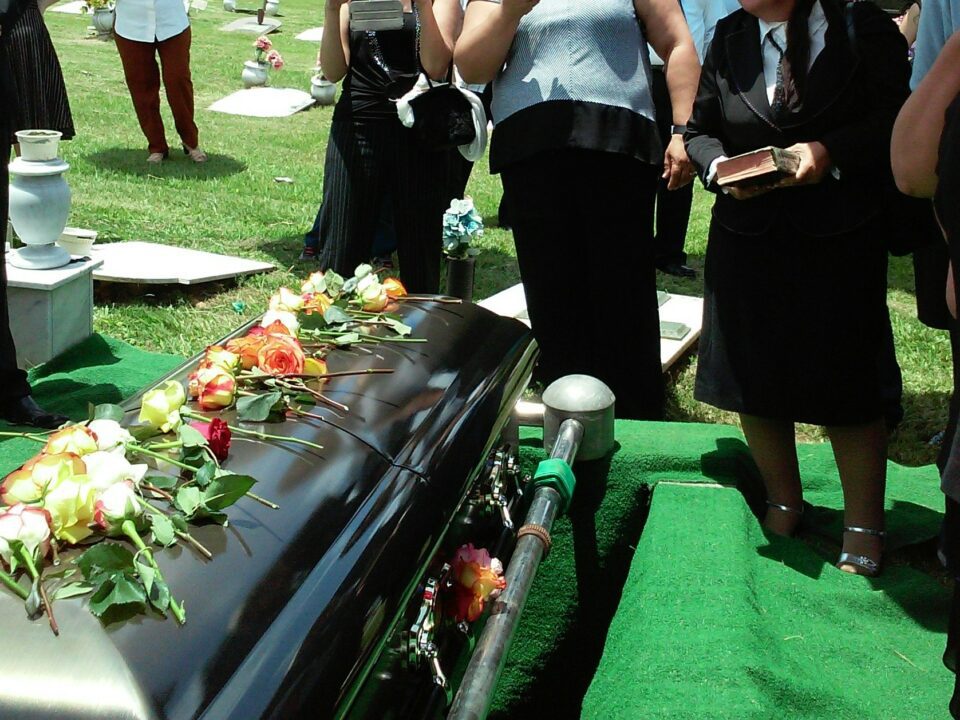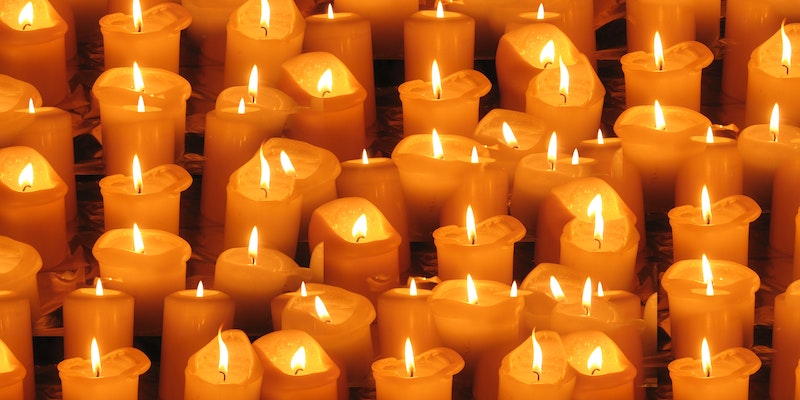- Contact Us Today
- (937) 278-4287
- lgfuneralhome@gmail.com
The Rapid Acceptance of Direct Funerals

Symbolism in Funerals: Rituals of Love
December 18, 2023
Memories in Metal: The Appeal of Funeral Jewelry
January 1, 2024The landscape of grief and memorial services has seen a quiet revolution in recent years with the growing acceptance of direct funerals. Shifting away from elaborate, traditional services, natural funeral homes in Dayton, Ohio, are becoming increasingly popular for their simplicity, budget-friendliness, and the privacy they offer grieving families. This article explores the rapid rise of this minimalist approach to saying farewell.
Direct funerals, also known as direct cremations or immediate burials, strip back the ceremonial elements typically associated with a conventional funeral. They involve the deceased’s collection and cremation or burial without a preceding service or the presence of mourners. Often, the cremains are returned to loved ones who may choose to have a personal memorial at a later date. This approach marks a transition to more intimate, personally meaningful forms of remembrance.
One significant factor contributing to accepting direct funerals is the changing cultural attitudes toward death and memorials. Traditional religious ceremonies give way to secular practices as society becomes more diverse in its spiritual beliefs and values. People seek alternatives that reflect personal preferences or the expressed wishes of the departed, leading to an openness to less conventional services.
The expense issue is another driving force behind the popularity of direct funerals. The price of a typical funeral can stretch into the thousands, placing a significant financial burden on families during a time of emotional stress. Natural funerals provide a dignified, economical alternative by eschewing the prices of viewings, elaborate caskets, and other ancillary services. The reduced economic strain is particularly pertinent in light of global economic uncertainties.
A desire for environmental sustainability also plays a role in the uptake of direct funerals. More environmentally conscious individuals are opting for options that reduce the ecological impact of their final footprint. Direct cremations can be paired with biodegradable urns for cremains or green burial practices for those choosing an immediate burial, aligning end-of-life decisions with a commitment to the earth’s future.
The intimate nature of direct funerals allows families to grieve privately, often providing a sense of control during a tumultuous period. The absence of a public service can alleviate the pressure of orchestrating an event that meets social expectations when family members may feel vulnerable. Instead, they can focus on their well-being and honor their loved ones more personally and introspectively.
Further to these points, after the direct funeral takes place, there is room for creativity in planning a separate memorial—freed from the constraints of timing and tradition. Memorials can occur weeks, months, or even years later, allowing family and friends to celebrate the life of the deceased in unique and personalized ways—from spreading cremains in a cherished location to holding a gathering that reflects the person’s hobbies and passions.
 In conclusion, the rising acceptance of direct funerals speaks volumes about contemporary society’s evolving perspectives on life, death, and remembrance. Natural funeral homes in Dayton, Ohio, represent a notable shift away from one-size-fits-all ceremonies by simplifying the process, reducing prices, and allowing space for private grief and personal celebration. As the trend for natural funerals grows, it signals a move towards honoring the departed not just through the lens of tradition but through authentic expressions of love, respect, and individuality that resonate with the hearts of those left behind. With direct funerals, we acknowledge that though our farewells may be uncomplicated in form, they remain profound in their capacity to encapsulate a lifetime of memories and emotions. Contact us at Glickler Funeral Home & Cremation Service to learn more.
In conclusion, the rising acceptance of direct funerals speaks volumes about contemporary society’s evolving perspectives on life, death, and remembrance. Natural funeral homes in Dayton, Ohio, represent a notable shift away from one-size-fits-all ceremonies by simplifying the process, reducing prices, and allowing space for private grief and personal celebration. As the trend for natural funerals grows, it signals a move towards honoring the departed not just through the lens of tradition but through authentic expressions of love, respect, and individuality that resonate with the hearts of those left behind. With direct funerals, we acknowledge that though our farewells may be uncomplicated in form, they remain profound in their capacity to encapsulate a lifetime of memories and emotions. Contact us at Glickler Funeral Home & Cremation Service to learn more.




